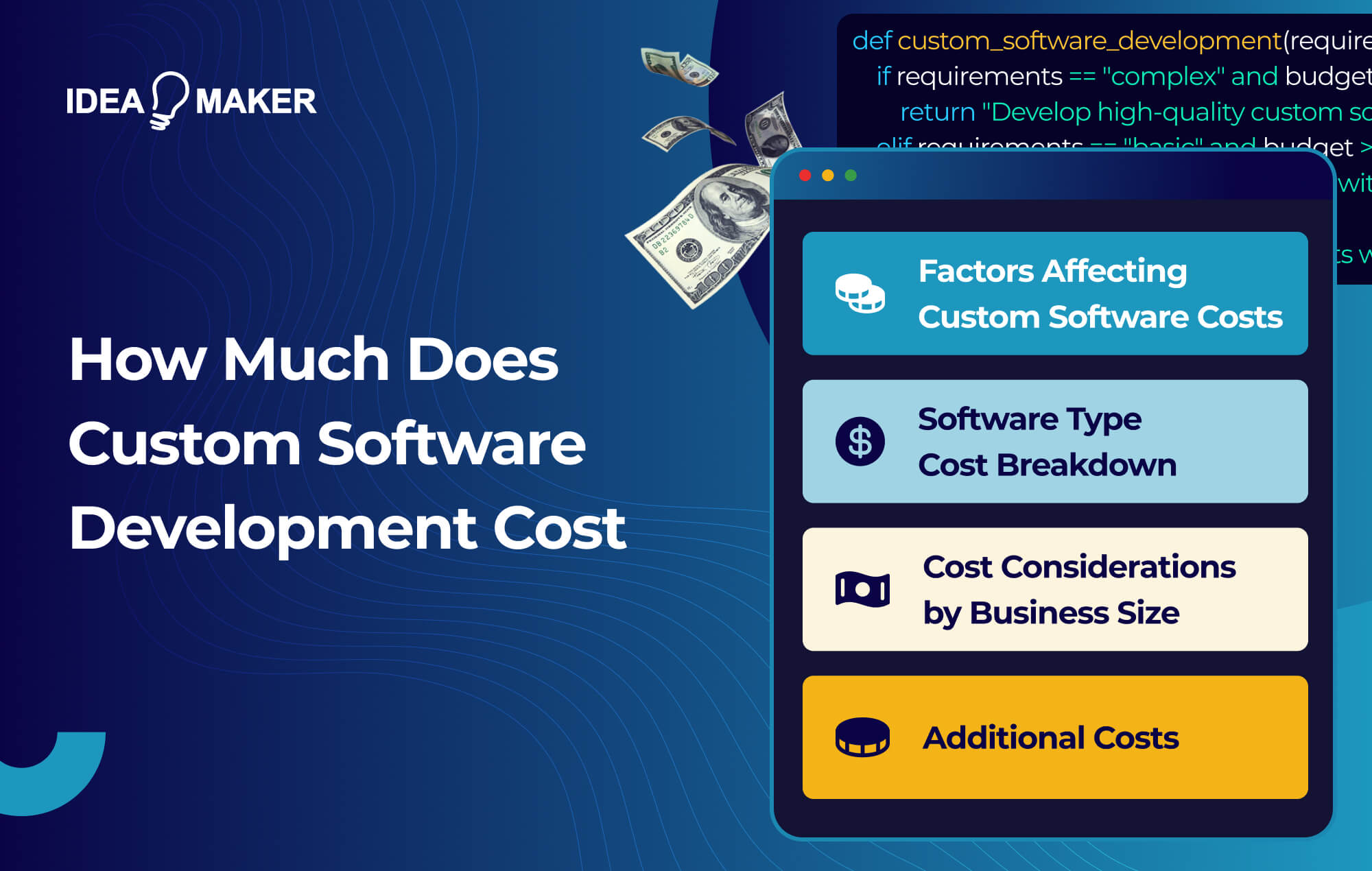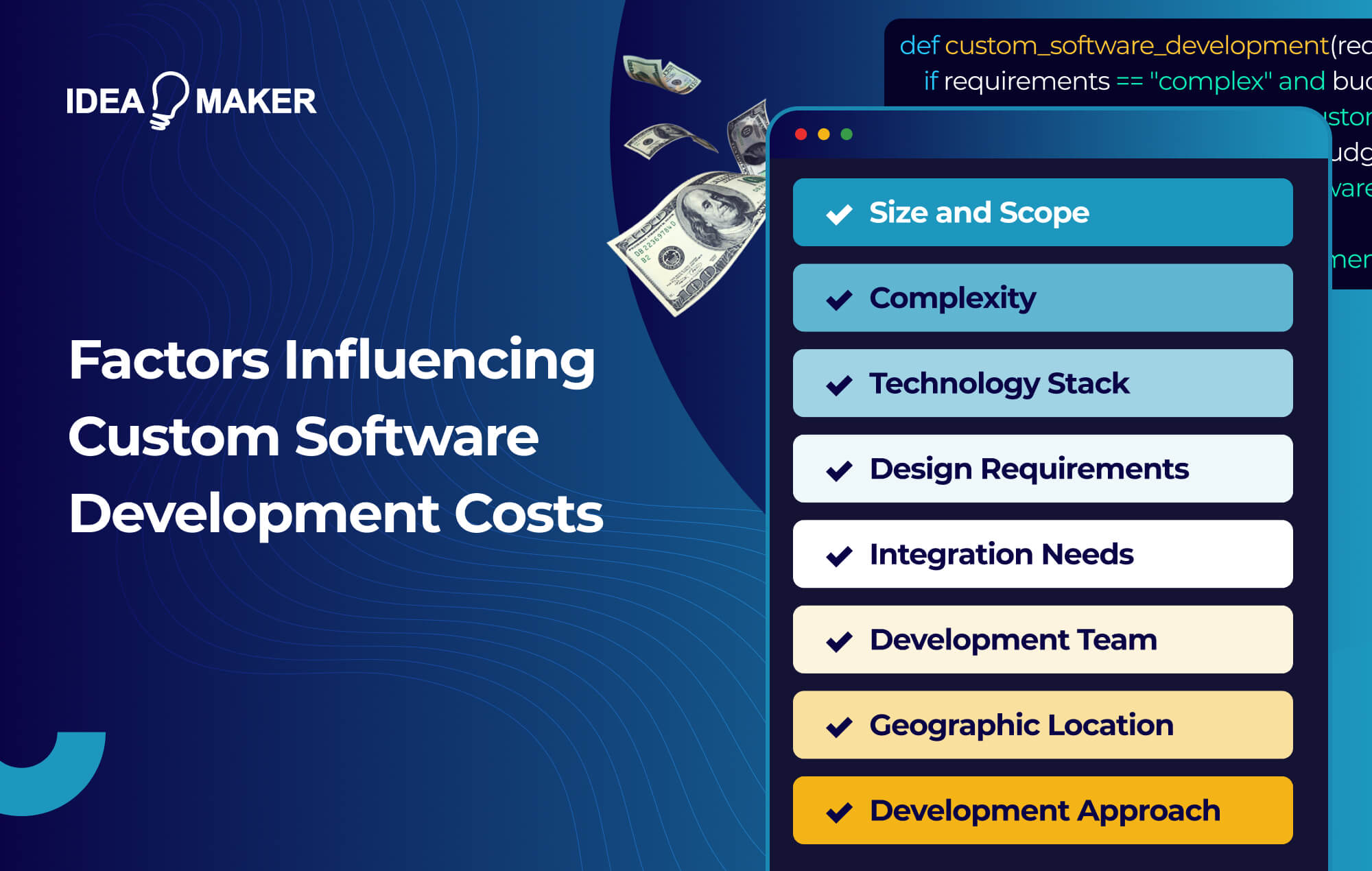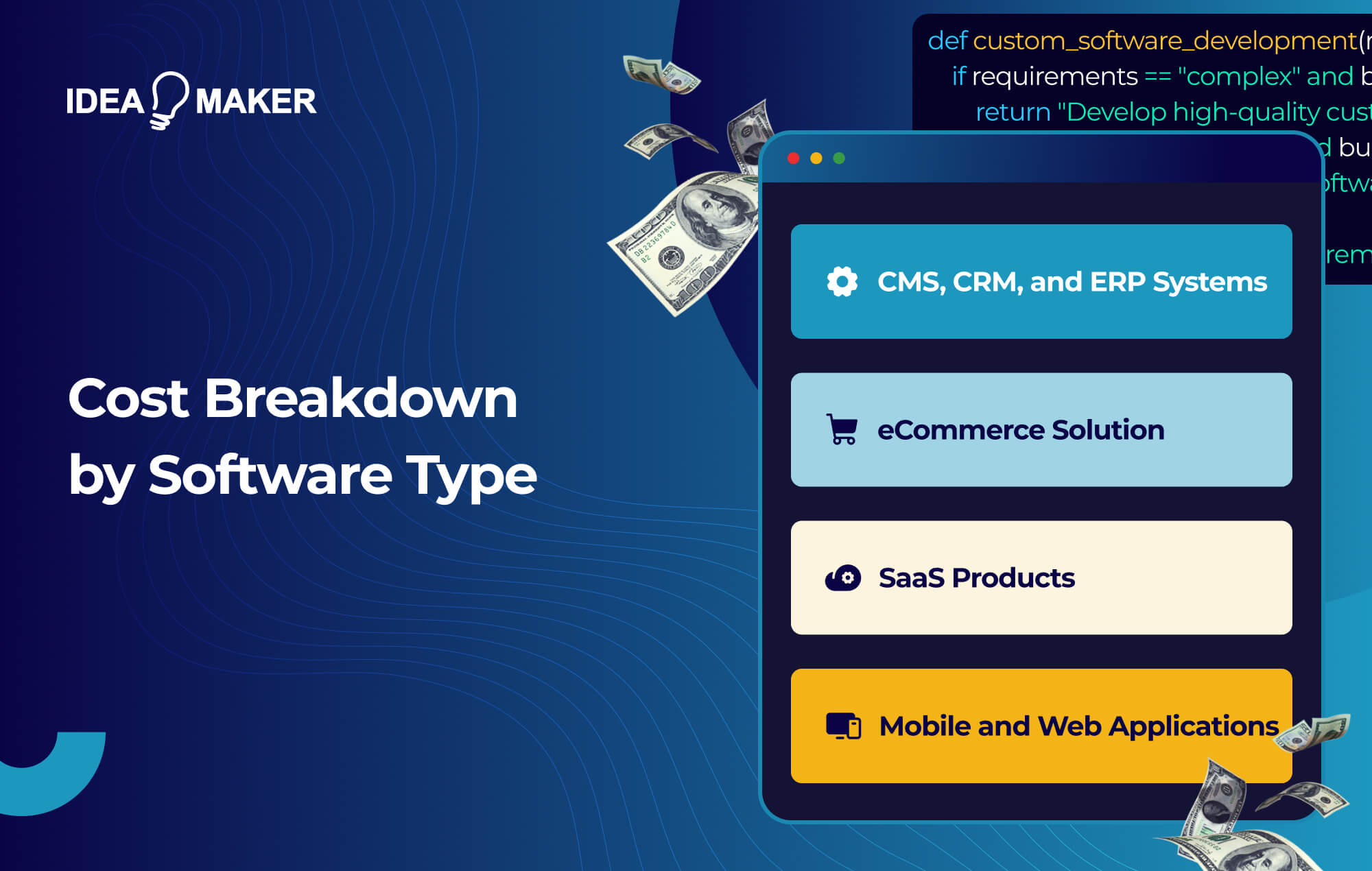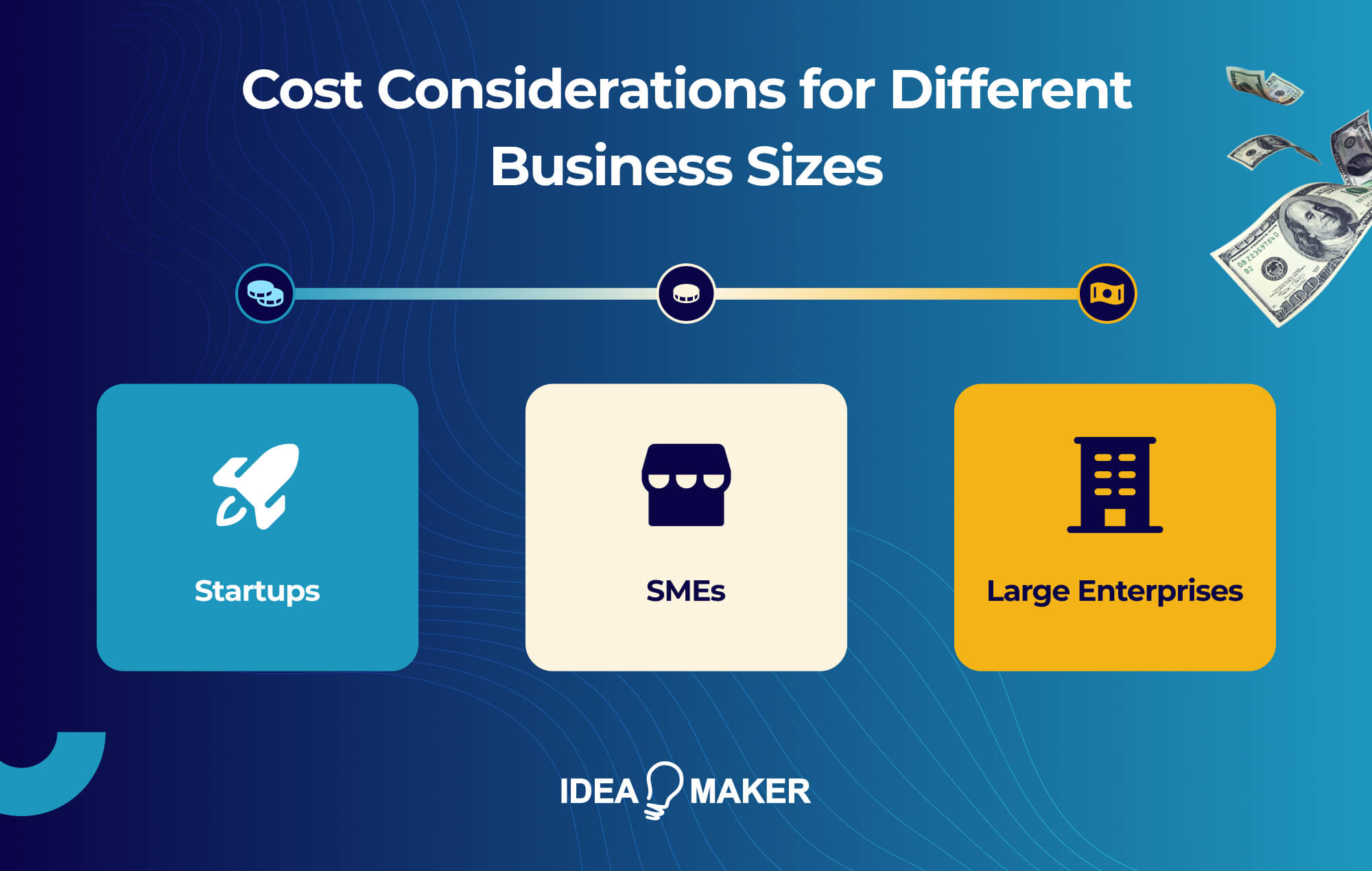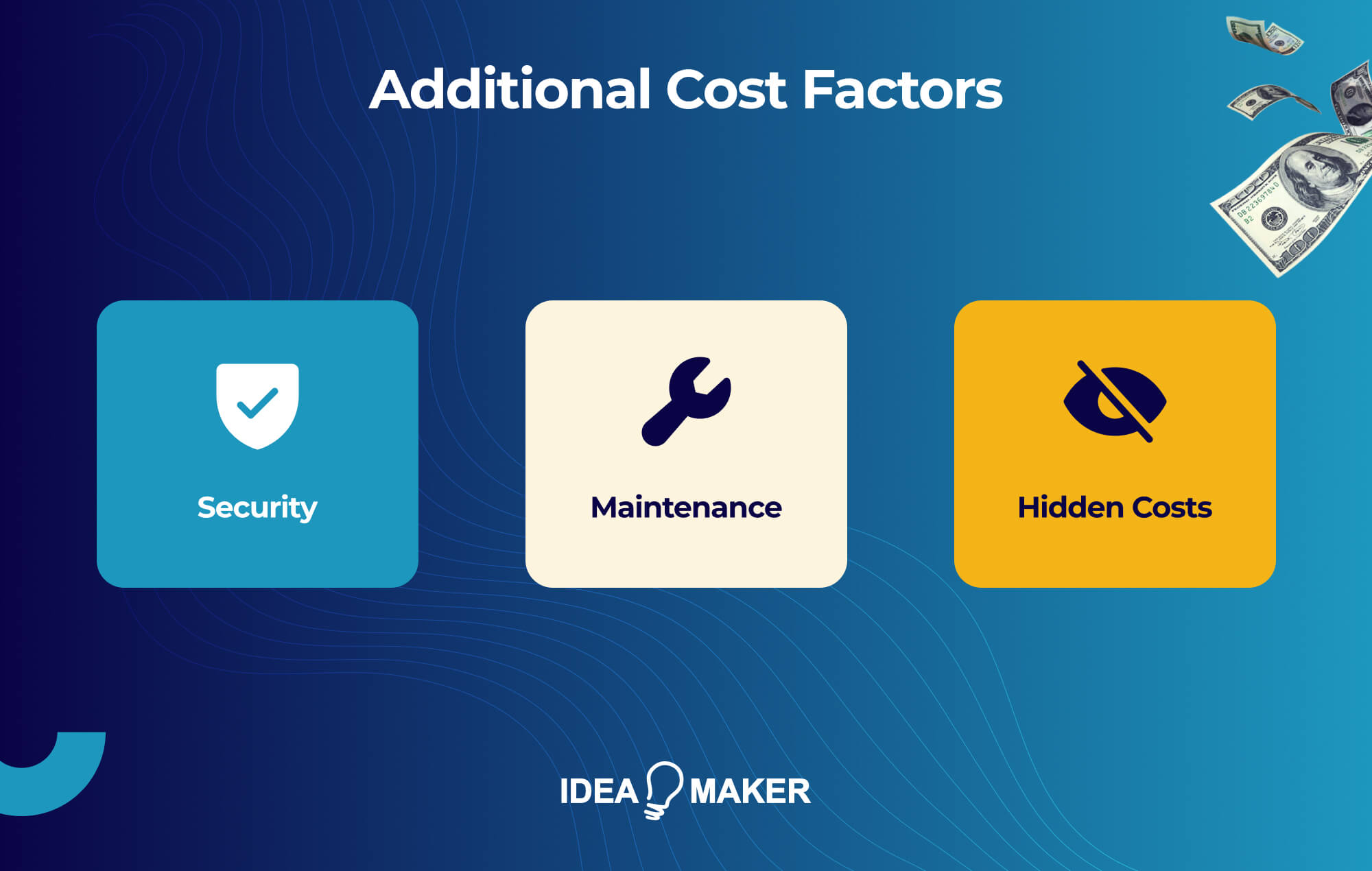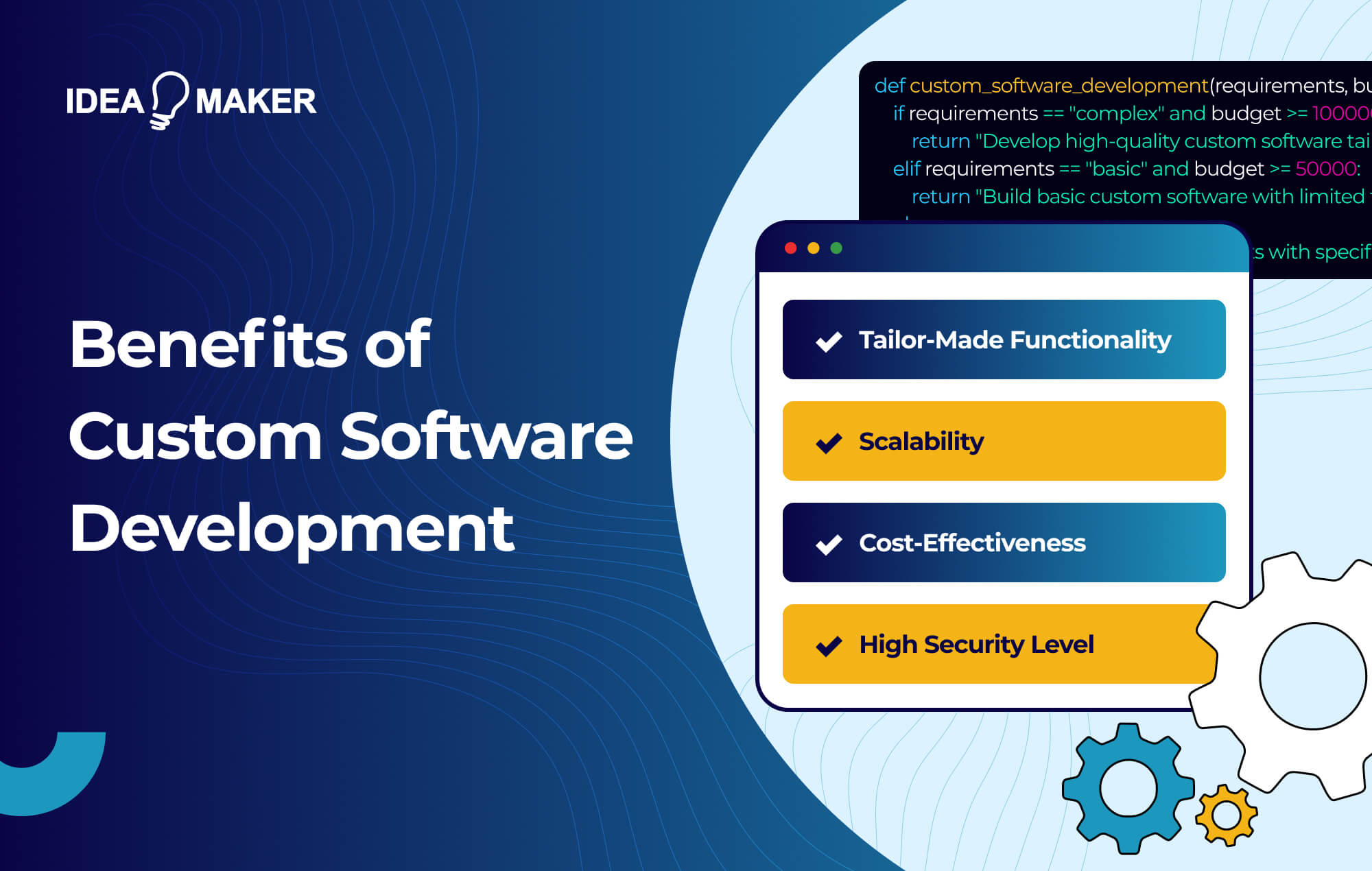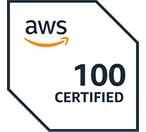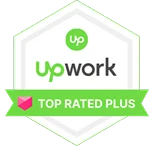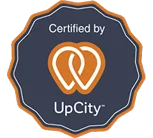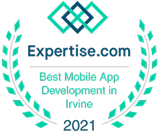Table of Contents
Whether you’re a startup dreaming of a groundbreaking digital product or an established enterprise venturing into the digital realm, one thing is certain: the need for software tailored to your business’s specific needs. After all, no two businesses are alike – each one operates in its own way, and often requires distinct tools to match its unique goals, ideas, and offerings.
But, with so many different needs, estimating the exact cost of building custom software is not so straightforward. Ask any programmer, and they’ll tell you there’s never a precise or even ballpark estimate for custom software development, as there are a slew of factors affecting the price.
In this guide, we’ll help you understand these variables by offering a simplified introduction into custom software development, so you can know what to expect when investing in a bespoke solution for your business. Read on to decode the mystery of how much custom software development typically costs in 2024.
What Is Custom Software Development?
Custom software development refers to building specialized software solutions tailored to meet the needs and goals of an individual business. Unlike off-the-shelf software products designed for a mass market, such as Microsoft Office, custom software is created from scratch and purpose-built for a specific client. For a detailed comparison, explore custom software vs off the shelf to understand which option might be best for your business’s unique needs.
The process involves extensive requirements gathering to understand the client’s workflows, challenges, and objectives. Understanding the custom software development process in detail can help businesses better prepare for what to expect when investing in custom solutions. This information is then used to inform the planning, coding, testing, and deployment of original programs, interfaces, integrations, features, and capabilities that upgrade operations in a unique way. Thanks to its tailored approach, custom development delivers significant advantages, including:
- Fully customized systems, tools, and features to match exact specifications
- Competitive edge with specialized capabilities beyond off-the-shelf
- Streamlined workflows and processes, boosting productivity
- Improved user experience, increasing engagement and satisfaction
- Cost and resource optimization from precision-tuned software
- Future-proofing, as software flexes and scales in lockstep with the business
Simply put, the level of flexibility, customization, and capability-unlocking that bespoke solutions provide is unmatched. Though undertaking custom development requires a greater investment compared to configured software packages, the rewards in terms of operational performance, cost efficiency, and market positioning make it well worth the price for most enterprises.
Factors Influencing Custom Software Development Costs
Much like costing the construction of a building based on its design blueprint, materials, labor, certifications, and finishing, there are many variables that come into play when estimating custom software costs. Generally, the key factors impacting the price of bespoke software are directly correlated to the project’s specifications, development approach, resourcing, and integration needs.
Size and Scope
The breadth of a custom software project has significant implications on its overall cost. This is because the more user roles, number of modules, integrations, data migration needs, and usage volume across an organization, the greater the effort required for robust development. Smaller projects, for instance, may provide streamlined tools for a subset of users, while enterprise solutions can integrate complex systems across divisions to support thousands of global employees, requiring exponentially more resources to execute.
Complexity
The sophistication of business logic, advanced algorithms, analytical capabilities, number of system interdependencies, and processing intensity all contribute to technical complexity. And, the more complex the software’s desired capabilities, the more development and testing is needed for reliable delivery. Complexity, such as predictive modeling for inventory planning, increases custom software development costs, as it requires additional coding and quality assurance.
Technology Stack
The technologies and architectural approaches selected for a project have a direct influence on custom software development pricing. This means that front-end, back-end, database, DevOps, cloud infrastructure, and other technology choices steer total spending. Additionally, while open-source tech stacks minimize licensing costs, developer skills still impact rates. Machine learning expertise, for example, commands higher salaries on average and, therefore, drives up costs.
Design Requirements
The quality and customization level of the user interface (UI) and user experience (UX) also influence development budgets. While reusable design systems curb costs, advanced features like specialized skins, animations, and voice integrations raise complexity, as well as the overall price. In fact, high-quality UI/UX design services often claim 15-30% of total custom software development costs. However, this is certainly no area to skimp on, as a smooth and appealing design will greatly improve customer satisfaction rates.
Integration Needs
Connecting with external APIs or legacy enterprise platforms is notoriously tricky. The effort level is not only unpredictable, it also consumes project resources quickly. Straightforward third-party payments and notifications APIs may integrate seamlessly, but heavily customized enterprise systems often prove complicated. As a result, testing and troubleshooting requirements inflate custom development expenses.
Development Team
The development team’s size, skills, experience level, workload strategy, and management competency ultimately determine their delivery capability. For example, larger more seasoned teams command higher prices, but generally ensure faster results. This is because poor coordination and task prioritization significantly handicap velocity, irrespective of engineering bench strength, which affects its delivery and final pricing.On top of that, development roles also differ in rates, as data scientists out-earn junior developers in the United States.
Geographic Location
Global software engineering rates fluctuate based on where talent resides. US-based custom development demands the steepest premiums, trailed by Western Europe and Australia. While scaling delivery offshore to regions like Eastern Europe and South Asia yields dramatic discounts of up to 60% compared to domestic teams, businesses should always validate a developer’s capabilities before hiring overseas.
Development Approach
The chosen development methodology steers how efficiently investments convert to working software, thus affecting overall costs. Waterfall development – with sequential steps restricting fluidity – often prolongs delivery timelines, while more adaptive methods like Agile enable iterative deployment, early user testing, and priority shuffling as needed. Although Agile requires more client involvement, the approach wins big on user experience and is typically a cheaper option, thanks to its flexibility.
Cost Breakdown by Software Type
Custom software spans many platforms, categories and complexity levels. While precise software development cost breakdown estimates are consultative, useful ballparks exist across software types.
CMS, CRM, and ERP Systems
Content management, customer relationship management, and enterprise resource planning platforms enable foundational business capabilities that are reflected in their price. Mid-market CMS build costs, for instance, often hit five figures based on module customization needs, while highlytailored CRM instances catering to niche verticals have six-figure price tags due to their deep configurability. Additionally, ERP customization projects at large manufacturers can run into seven figures over multi-year deployments, unlocking shop floor, supply chain and accounting synergies.
eCommerce Solution
Robust custom eCommerce architectures have many technical considerations, including product configurators, promotions engines, and omnichannel order routing. Marketplace variants that allow vendor management portals, commissions tracking, and dispute resolution also raise cost implications. As a result, most full-featured eCommerce project budgets reach six figures for delivery timeframes of nine or more months.
SaaS Products
As purpose-built SaaS software serves niche demands, estimating application costs is difficult. However, many basic multi-tenant SaaS tools for small- to medium-sized businesses hit five figure sums, even when excluding elaborate administrative interfaces. High-touch vertical SaaS solutions can easily double or triple these figures, especially with the inclusion of artificial intelligence and machine learning capabilities. But, with the right Saas development company, you should be able to strike a good deal that balances costs and features.
Mobile and Web Applications
Platform options, such as mobile or browser-based, play a crucial role in shaping application pricing. For instance, when it comes to mobile app development services, multi-platform mobile apps with intricate logic, media, and stringent security requirements often come with premium price tags due to device testing needs and online/offline considerations. Similarly, process-heavy web apps like clinical trial management solutions entail custom building complex data engines, analytics, and integrations that pull six-figure and up budgets, including QA.
It’s important to note that evaluating category-specific cost ballparks allows better software budgeting, and engaging an experienced vendor to translate needs to requirements will refine early estimates. Still, buyers should anticipate added expenses to accommodate unforeseen complexity.
Cost Considerations for Different Business Sizes
Companies of different maturities and scales approach custom software and budgeting needs uniquely based on their growth trajectory. So, in order to properly estimate how much custom software development costs, you must first evaluate key considerations regarding the size of your business and set realistic expectations. This will ensure custom software initiatives remain strategically aligned and economically viable at each business size.
Startups
Early stage companies often optimize for minimum viable products (MVPs) to substantiate their value hypothesis with target users and maximize their priority features. With limited operating history and financing, this enables startups to effectively balance spreading-thin resources over software robustness versus speed to secure funding via traction growth.While common MVP builds by compact agile teams span three to six months and cost less than six figures, progressing to formalized products with extensive functionality can run up seven figures quickly.
SMEs
Because small and medium-sized enterprises (SMEs) have nuanced needs without expansive budgets, the optimal mix of functionality and cost control is imperative, as SME solutions can be developed for a range of prices based on their scope. Mid-five-figure projects, for instance, buy simple yet strategic tools, while low six-figure initiatives enable process transformation. When it comes to custom software, understanding must-have versus nice-to-have capabilities – and the ROI behind each – helps SMEs land on tactically sound investments that don’t overextend budgets.
Large Enterprises
Big organizations juggle many custom software concerns, such as prioritizing complex capability design, multi-site consistency, staunch security, and minimizing business disruption, that require seasoned software partners. Consequently, differences in management across a vast employee base warrants its own budget allocation.
Given these considerations, large enterprise software development regularly crosses high six and even seven-figure territory for intricate solutions like production monitoring and yield optimization suites in manufacturing. Additionally, leadership endorsement, procurement cycles, and compliance further impact software contracting and funds at this scale.
Additional Cost Factors
Beyond core application development and launch, supplementary capabilities and services further influence custom software pricing. A reputable custom software development company will factor in these expenses when determining a project’s cost.
Security
Protecting IP, customer data and application integrity grows more critical due to rising cyber threats. While secure development training raises project talent costs, rigorous testing activities like penetration, vulnerability scans, and code reviews also carry additional costs that aren’t always visible upfront. On top of this, annual technology audits to validate and upgrade security controls introduce recurring charges, as well.
Maintenance
Once live, continuous feature enhancements, bug fixes, interface modifications, and compliance updates require ongoing maintenance. As a result, dedicated technical teams who understand system intricacies are best suited to maintain a project’s efficacy and continuity post-launch. Companies choose between hiring in-house staff or contracting vendors depending on application criticality and cost. Generally speaking, however, the more niche the technology stack is, the pricier its long-term maintenance will be due to skill scarcity.
Hidden Costs
Even with meticulous planning, unforeseen charges can still arise and affect the cost of custom software development. Customizations exceeding predefined scope are especially common, as user acceptance testing uncovers edge case gaps. For example, perpetual licensing of certain development tools unexpectedly or expanding server capacity to meet growth can inflate bills unpredictably.
Additionally, technical debt accrued when prioritizing delivery speed over coding standards eventually hinders feature-building velocity, often necessitating rework. While padding estimates by about 10% can provide a buffer, strategic governance surrounding change controls prevents uncontrolled budget overruns despite development surprises.
This means that your business must look beyond the immediate horizon when evaluating the complete ownership costs of custom software over multiple years. Mapping out various operational needs and risks will enable procurement of adequate capabilities and bandwidth.
Average Software Development Cost
Determining the average cost of custom software development involves considering a range of variables, including project complexity, technology requirements, geographic location, and team composition. While each project is unique, it’s helpful to explore general cost benchmarks across different types of custom software solutions:
- Basic Content Management Systems (CMS):
- Development of simple CMS platforms typically starts at around $15,000 to $30,000.
- More complex CMS solutions with advanced features and customization may range from $30,000 to $100,000 or more.
- Customer Relationship Management (CRM) Systems:
- Basic CRM customization can cost between $20,000 to $50,000.
- Highly tailored CRM solutions for specific business needs often exceed $100,000, depending on complexity.
- Enterprise Resource Planning (ERP) Systems:
- Implementing or customizing ERP software can range from $50,000 to several hundred thousand dollars.
- Large-scale ERP projects for multinational corporations can exceed seven figures due to extensive integration and customization.
- E-commerce Platforms:
- Developing custom e-commerce solutions typically starts from $50,000 for basic functionalities.
- Complex e-commerce platforms with advanced features such as product configurators or omnichannel capabilities may cost upwards of $100,000.
- Software as a Service (SaaS) Products:
- Building purpose-built SaaS applications can range widely based on functionality and scalability.
- Basic SaaS solutions may start from $30,000 to $50,000, while specialized vertical SaaS products can exceed $200,000.
- Mobile and Web Applications:
- Developing mobile apps often falls within the range of $20,000 to $100,000, depending on platform complexity and features.
- Web applications with complex functionalities like real-time analytics or extensive database integration can range from $50,000 to $250,000 or more.
It’s important to note that these cost ranges are general estimates and can vary significantly based on specific project requirements, customization needs, and industry standards. Engaging with a reputable custom software development company or consulting with experienced developers can provide a more accurate assessment tailored to your unique business needs.
Estimating Your Custom Software Development Costs
Arriving at a reliable custom software budget relies on project estimations that set appropriate expectations on effort, timelines, and capabilities relative to available funding. Consequently, when researching how much custom software development costs, it’s imperative to consider different estimation methodologies, as each approach makes tradeoffs between precision and attainability.
Analogy Estimates
Judging costs for novel projects based on actual figures from comparable historical initiatives provides quick ballpark gauges. However, given ever-evolving requirements and technologies, analogy loses accuracy predicting unprecedented and complex engagements when calculating software development costs. Still, they offer back-of-the-envelope estimations that give a good idea about a project’s anticipated expenses.
Ballpark Estimates
Taking current project details to define possible cost and schedule ranges allows lightweight yet grounded approximations. When using this technique, estimates are typically rounded to the nearest $10,000 or $25,000, along with delivery to the nearest month, calibrating expectations sufficiently without intensive calculations for early planning. As more project details emerge, the budget can then be refined.
Detailed Estimates
Collaborative efforts between development teams and your business produce detailed estimates, aligning core goals with budget constraints for the software. This estimation method ultimately enables you to negotiate for special pricing and discounts in order to arrive at a figure that fits your internal budgeting needs.
How to Reduce Custom Software Development Costs
In addition to seeking capable software development partners, organizations can creatively conserve their resources without compromising on project quality in a variety of ways, including:
- Clearly prioritizing must-have features by business value
- Splitting broader solutions into modular phases with clear, actionable goals
- Considering multipurpose utilities over singular-function software tools
- Leveraging low-code platforms for lighter-weight components
- Evaluating open-source and cloud solutions that fit your business’s needs
- Maintaining simple, reusable, and functional UX/UI visuals
- Using in-house complementary talent on supportive sub-tasks
Choosing the right software development company is crucial for the success of your custom software project. This decision can impact the quality, timeliness, and effectiveness of the delivered solution.
Cost-Effective Custom Software Development From Idea Maker
At Idea Maker, our award-winning team brings over a decade of technical expertise across industries to deliver custom software solutions that meet unique business needs. Our developers and designers are dedicated to working closely with clients to deeply understand specifications, challenges, and growth goals, ensuring your key pain points are effectively addressed within a reasonable budget. Investing in a bespoke software development company can provide your business with a competitive advantage through tailored software solutions designed to meet your specific operational needs.
Throughout the development process, we strive to simplify complex requirements to build only necessary capabilities aligned to your available funding. We also leverage low-code platforms to help control expenses without compromising on security or scalability. Additionally, by future-proofing our custom software with modular architecture, we are able to enhance a project’s capabilities over agile phases centered on your evolving needs.
If you’re interested in taking advantage of our robust custom development skills, schedule a call with us today to receive a comprehensive estimate through collaborative discovery and prototyping workshops.
